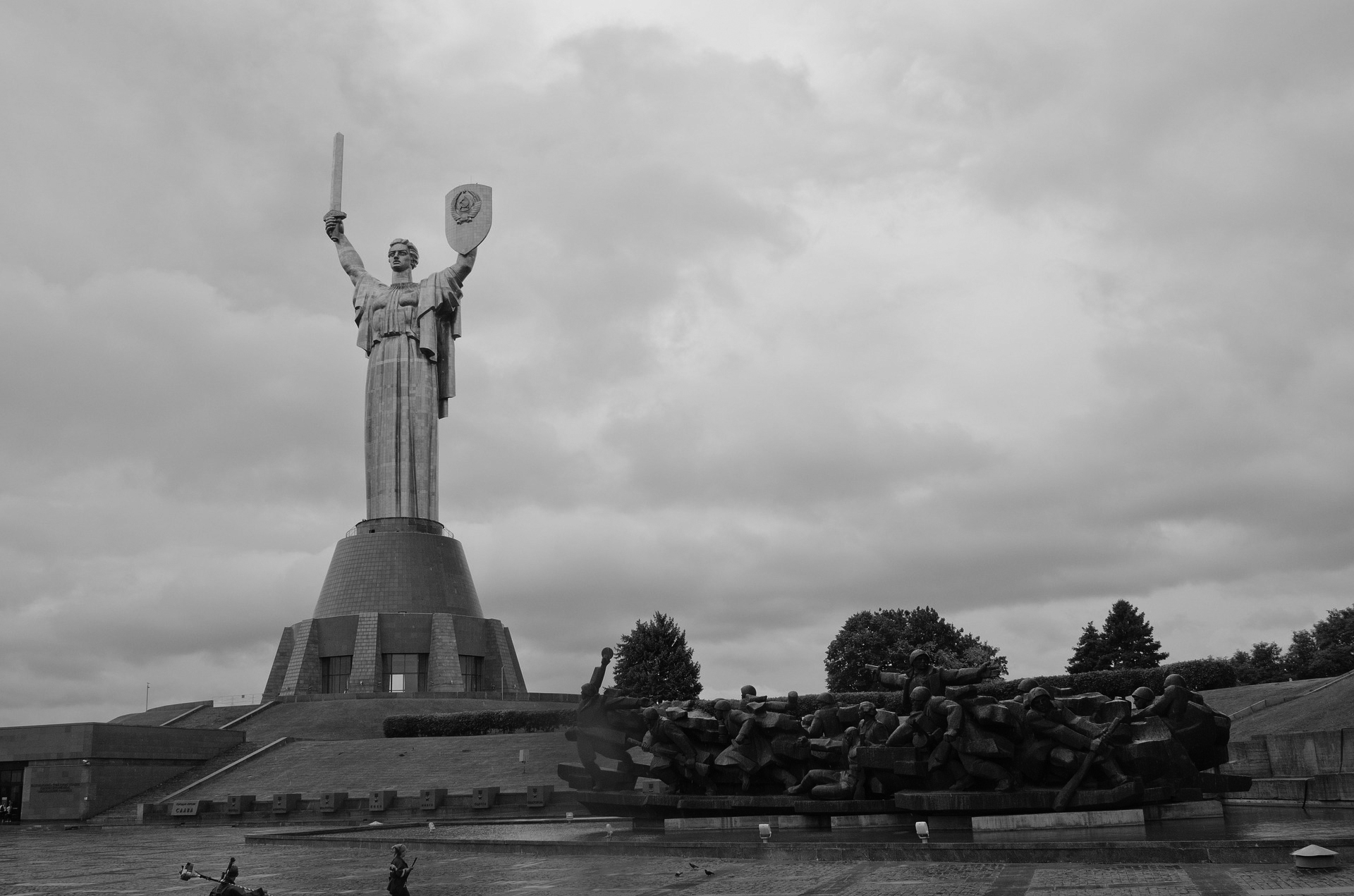Two countries whose memories of a ‘shared’ past could not be more different.
With the recent build-up of Russian forces around Ukraine, Vladimir Putin’s claim that Russians and Ukrainians occupy “the same historical and spiritual space” has taken on an ominous tone. In the eyes of large swaths of the Russian political elite, these countries share the same roots, some even dispute the legitimacy of an independent Ukrainian state.
But the two most influential republics of the former Soviet Union have taken different paths since 1991. Whereas the Russian elite has struggled to accept its loss of oversight in the “near abroad”, Ukrainians have largely embraced their country’s independence.
Over the past decade, Russia and Ukraine have also drifted apart in how they view their shared past. In 2015, for example, Kiev passed legislation equating communism with Nazism, whereas in 2014, Russia adopted a law criminalising criticism of the Soviet Union’s actions in the Second World War. Today, politicians on both sides continue to dwell on the past, hurling epithets such as “Banderite” and “Putler” at one another as they couch present-day politics in historical analogies.
But what do ordinary Russians and Ukrainians make of the complex historical legacies that link the two countries? In early 2021, the Berlin-based Centre for East European and International Studies (ZOiS) conducted a comparative study of Ukrainian and Russian views regarding history. We surveyed 2,000 individuals in each country. Respondents ranged in age from 18 to 65, resided in communities of over 20,000 inhabitants, and were representative of the underlying population in terms of gender, age and place of residence.
Desire for shared views on history
If Russians and Ukrainians are asked to name another country that their own should share common historical views with, Ukrainians overwhelmingly mention Russia as their first choice. For Russians, meanwhile, Ukraine places second after Belarus. Despite the ongoing geopolitical confrontation between these two states, there remains a desire for historical dialogue at the societal level.
But while Russians accord Ukraine a high level of importance for shared historical views, this does not imply they accept Ukraine as a distinct nation. Geopolitics and the perceived importance of states figure clearly in such assessments. Tellingly, Russians rank the United States and Germany prominently – countries with different historical views and political importance. Similarly, Ukrainians rank Poland highly, reflecting past ties to Warsaw, but also current regional dynamics.

























